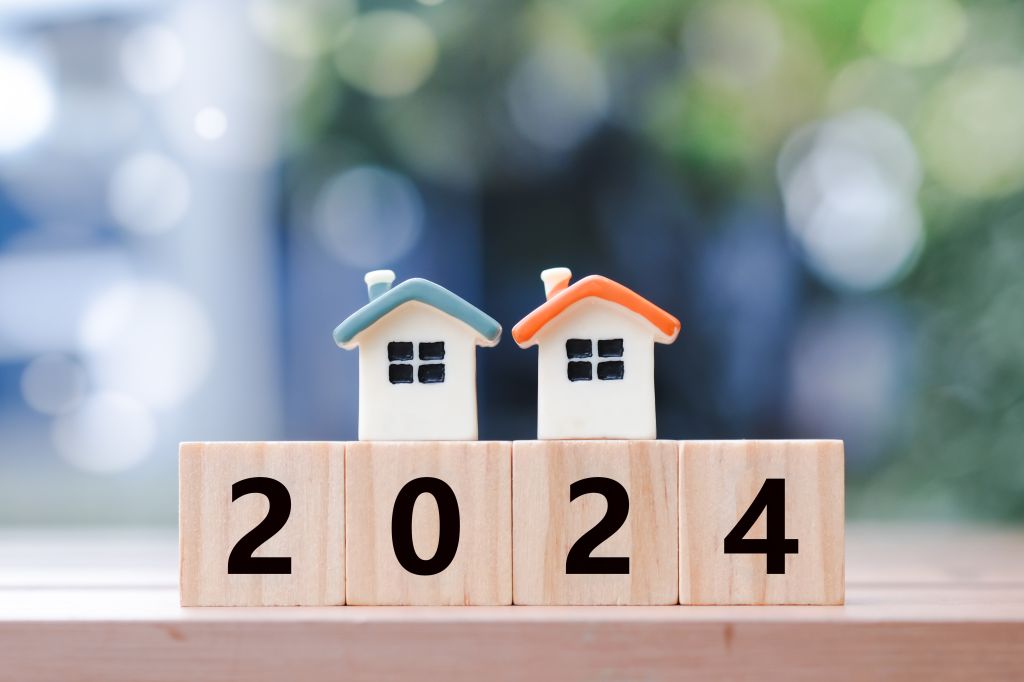Published January 5, 2018 • 4 Min Read
Downsizing your home can feel like a negative idea — conjuring up images of moving from your dream home to a too-small space. Downsizing in retirement, however, could provide you benefits like extra room in your budget, an enjoyable new environment, new friends and connections, and new opportunities in life. Here are five things to think about if you are wondering if downsizing is right for you:
1. Have a Good Reason to Downsize
Downsizing needs to make both emotional and financial sense to you because selling and buying a home can be stressful. When deciding if downsizing makes sense for you, some questions to consider include: Will it create more income in your retirement? Will you be able to buy a space that suits your current and future needs and stay out of debt? Can you live in a smaller space? Can your new space be renovated to suit your changing needs as you get older? Will your adult kids need to move back in or will they visit often?
2. Can You Afford It?
People often assume that if you sell a bigger home, you can afford a smaller, debt-free home; however, downsizing may not downsize your costs or put money in your pocket. If you sell your home for significantly more than you paid for it, then you’ll end up with money after legal and moving expenses. If the selling price is just over what you paid for your home, then you may find yourself out of pocket which can affect your downsizing plans.
A new space may come with extra expenses. This could include maintenance fees, higher property taxes, renovations, condo assessments and increased heating or cooling costs. It is important to take into account the ongoing costs of your new space.
3. Finding a Location That Supports Your Lifestyle
Sit down with your partner and decide what you like doing, want to do and choose a community that can support that plan.
If you are contemplating a major change, like moving across the country for example, try to mentally walk through what a typical day, week or year might look like. How will you get around, and spend your time? Is it something you could see yourself doing and enjoying? While moving to Florida or the mountains of British Columbia full time may feel like the ultimate downsizing dream, why not test-drive your dream location by renting a home for a few weeks in the area before making a commitment?
4. Planning for Decreased Mobility
Consider finding a home and a neighbourhood that can adapt to your needs as you grow older. Maybe a secluded multi-level home works for you today, but in the future, aging and mobility issues may change. One solution might be to renovate your retirement home before you’ve in. This is where universal design — design that is accessible and appealing to people of all ages and abilities — is useful. Universal design includes elements like open floor plans, larger bathrooms, easy-to-reach shelves and counter tops, wider doors, and easy-grip door handles. Redesigning a home for greater mobility may give it the ability to accommodate your needs.
5. Will You Have Everything You Need?
Part of downsizing includes the intangibles such as being able to access things like groceries and services if you no longer wish to drive or making sure your friends and family can easily reach you. Your real estate agent will have a list of neighbourhoods that meet your requirements. Keep an eye on the walkability score. The higher the number out of 100, the better the neighbourhood is for walking and accessing goods and services.
As you approach retirement, the question isn’t just whether to downsize but how to ‘right size’ for the years ahead. If you decide that downsizing is right for you, just take the time to make sure you’re doing it for the right reasons.
This article is intended as general information only and is not to be relied upon as constituting legal, financial or other professional advice. A professional advisor should be consulted regarding your specific situation. Information presented is believed to be factual and up-to-date but we do not guarantee its accuracy and it should not be regarded as a complete analysis of the subjects discussed. All expressions of opinion reflect the judgment of the authors as of the date of publication and are subject to change. No endorsement of any third parties or their advice, opinions, information, products or services is expressly given or implied by Royal Bank of Canada or any of its affiliates.
Share This Article






